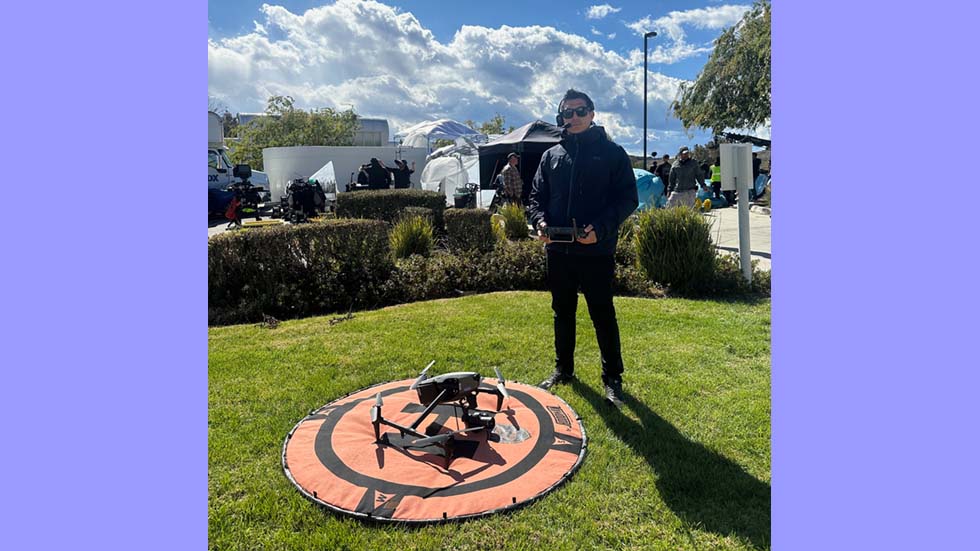Channel 6 protection
National Public Radio (NPR) has asked the FCC to rescind TV Channel 6 protection obligations as set out in Section 73.525 of the rules. The current protection requirements were imposed on noncommercial FM stations in 1985.
The restrictions were imposed because the portion of the FM band reserved for NCE operations (87.9MHz to 91.9MHz) is immediately adjacent to Channel 6 (82MHz to 88 MHz). As a result, the potential for interference to Channel 6 operations from stations in the NCE-FM band was thought to be considerable, leading the commission to impose TV-6 protection requirements on noncommercial stations at certain distances from Channel 6 stations.
Interestingly, the receivers used to determine the appropriate level of protection were all manufactured prior to 1979, meaning that the protection standards in place today are based on 30-year-old receiver technology.
NPR's case
According to NPR, the increased sensitivity of today's TV receivers — particularly in the wake of the DTV transition — warrants reconsideration of the standards. In support, NPR has presented two studies, one conducted by its own labs and the other by Hammett & Edison. These studies, according to NPR, show that the rule no longer serves any real purpose.
NPR also claims that not many viewers are likely to notice NCE-FM-induced interference to Channel 6 operations because more than 90 percent of U.S. viewers get their TV by cable or satellite, sources that are not subject to such interference. Also, NPR points to the seemingly insatiable demand for NCE-FM service. The most recent window filing opportunities for new noncommercial radio authorizations (full-service and translators) have attracted tens of thousands of applications, each subject to the limiting effects of the Channel 6 rules. According to NPR, NCE-FM stations would enjoy, on average, a 75 percent increase in 60 dBu population coverage if Section 73.525 were rescinded, and such primary coverage might increase by more than 200 percent for some stations.
Implications for TV stations
Get the TV Tech Newsletter
The professional video industry's #1 source for news, trends and product and tech information. Sign up below.
NPR does not mention that while there may be only a few full-service DTV stations still operating on Channel 6, there are a significant number of TV-6 analog LPTV stations operating. These licensees do not yet have a deadline for converting to digital operation, and they typically provide service to the 10 percent of the public that does not have satellite and cable service.
In addition, it is not clear whether analog TV sets that are plugged into DTV converter boxes will continue to experience interference if the interference protection requirements are lifted. Nor is it clear that DTV converter boxes introduce or reduce the possibility of increased interference. Thus, adoption of NPR's proposal could lead to considerable reception problems for over-the-air viewers still loyal to Channel 6 stations.
The commission has not yet taken any action on the NPR proposal, which was filed in October. In view of the relatively controversial nature of the proposal and the FCC's current focus on broadband issues to the exclusion of broadcasting matters, it is unlikely any action will be taken in the near future.
The NPR proposal is unrelated to the proposals of the Minority Media and Communications Council and the Broadcast Maximization Committee, which want the FCC to look into the allocation of current TV-5 and TV-6 spectrum for use by radio broadcasters.
Harry C. Martin is a member of Fletcher, Heald and Hildreth, PLC.
Send questions and comments to:harry.martin@penton.com
Dateline
- Jan. 11 is the deadline for the filing of biennial ownership reports for all commercial broadcast licensees. LPTV and Class A stations, whether operated commercially or noncommercially, are required to file reports on Jan. 11 also.
- For noncommercial TV stations in Kansas, Nebraska and Oklahoma, the biennial ownership report deadline is Feb. 1.
- Feb. 1 is the deadline for TV stations in Kansas, Nebraska and Oklahoma to electronically file their broadcast EEO midterm reports (Form 397) with the FCC.
